Here’s an easy litmus test for the first date. If they’re rude to the waiter, don’t go for a second date. If they spend the whole time talking about themselves, delete their number. Chances are they won’t notice because they’ll have fallen in love with their own reflection in a clear pool and will be slowly starving to death.
And if they don’t seem concerned about climate change, or, worse, doubt its existence, then just… don’t bother. Dating apps might be calling this ‘green dating’ and have fun suggestions for environmentally-friendly date ideas (more on that later) but really, a refusal to see what is happening to the planet is an indicator that they have no scientific understanding or faith in clear and consistent data – or they just don’t care. Either way, you probably won’t want to date anyone who is that stubborn and/or lacking in empathy.
What do People Care About?
Bumble has introduced badges which allow users to indicate ‘causes’ they care about. These include topics like feminism, human rights and, of course, environmentalism. This is the kind of progressive thing that I’d expect from a women-first dating app, and I imagine that there is a lot of genuine care and concern around these topics.
However, some of these are pretty personal, and I see why two people who matched on a dating site might not want to immediately discuss abortion rights, domestic violence or Priti Patel’s horrifying plan to send British refugees to Rwanda. Perhaps it’s easier to talk about your dogs, and plan a nice date in the park. I see why people would prefer to use the ‘environmentalist’ badge.
How Should I Structure a Green date?
Additionally, going for a green date could be a fun and different way to spend time. Going for a drink is always nice, and it’s a classic, but there are certainly some different options. For example, you could go to a farmers’ market and then make dinner with your local purchases; you could go on a bicycle date, or have a date in the park.
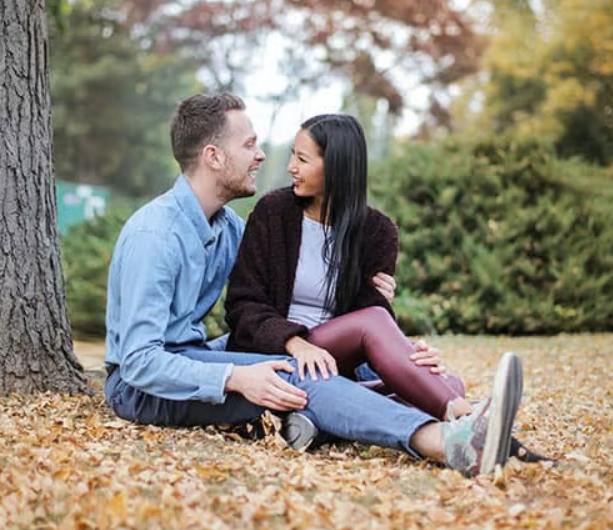
You could volunteer with a beach clean up or help build a community garden; if you’re feeling romantic (and you’re ok waking up early) you could do a morning date and watch the sunrise by the sea or on a hill; you could play tennis and have a tennis date or you could go for a hike. The last one probably isn’t first-date material and you should go somewhere with lots of people around for safety. All of those are fun, romantic and, most importantly, environmentally friendly.
What’s a good gift in terms of green dating?
There are also some nice ways to give your date a gift that will help them be more green and show that you are both generous and caring. For example, instead of getting your partner a bunch of flowers, a new houseplant will last much longer and make their home nicer. You could also try other eco-friendly gifts, like a reusable coffee cup or something from a local green shop. Do be careful with this one – not all green products are sexy. Reusable sanitary pads, for example, or latex-free condoms. Save those for later.
Conclusion
Anyone (me) who’s watched Bridgerton will tell you that a walk in the park can be such a romantic thing. You don’t need to pick your date up in a helicopter and fly somewhere ridiculous to eat food with a gigantic carbon footprint. Sometimes, small gestures that indicate mutual interests and concerns are much more meaningful in the long run.
So, if you’re scrolling through Bumble and meet a beautiful user who, like you, wants to try a little bit of green dating, go for it! There are plenty of ways to show affection that won’t harm the planet or might even make it better. If, as old hippies say, love can make the world a better place, make sure you’re doing that actively.

Rachel Hall, M.A., completed her education in English at the University of Pennsylvania and received her master’s degree in family therapy from Northern Washington University. She has been actively involved in the treatment of anxiety disorders, depression, OCD, and coping with life changes and traumatic events for both families and individual clients for over a decade. Her areas of expertise include narrative therapy, cognitive behavioral therapy, and therapy for traumatic cases. In addition, Rachel conducts workshops focusing on the psychology of positive thinking and coping skills for both parents and teens. She has also authored numerous articles on the topics of mental health, stress, family dynamics and parenting.



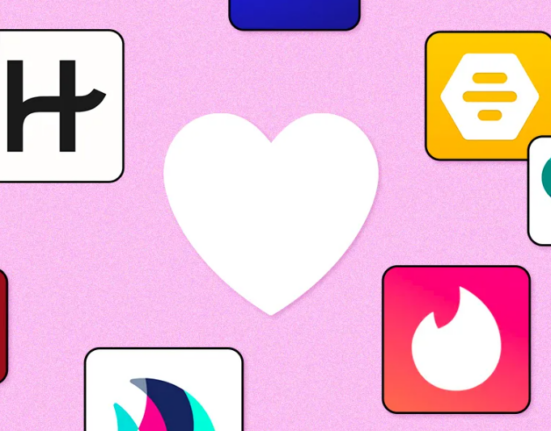




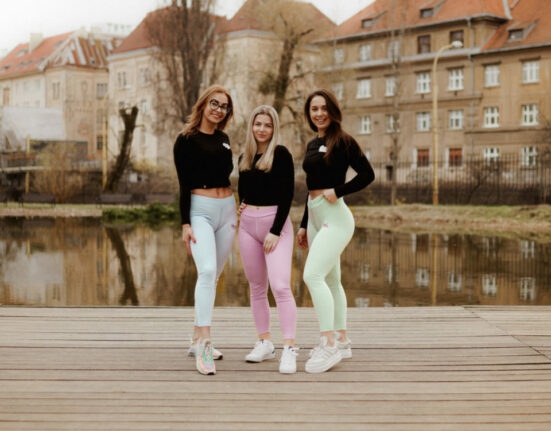
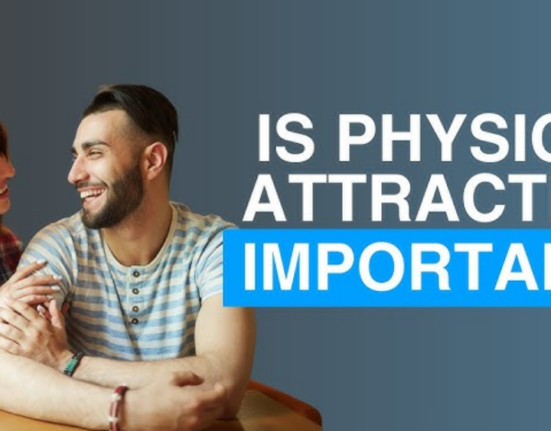


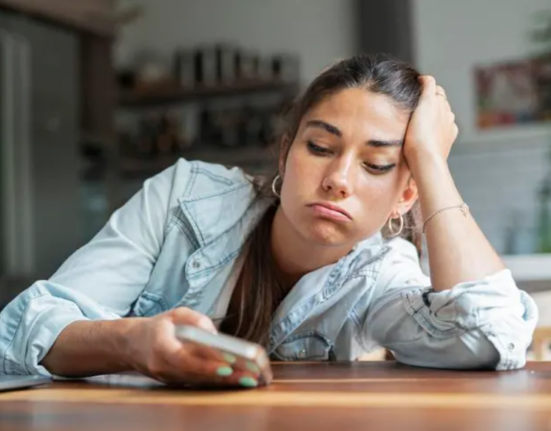

Leave feedback about this